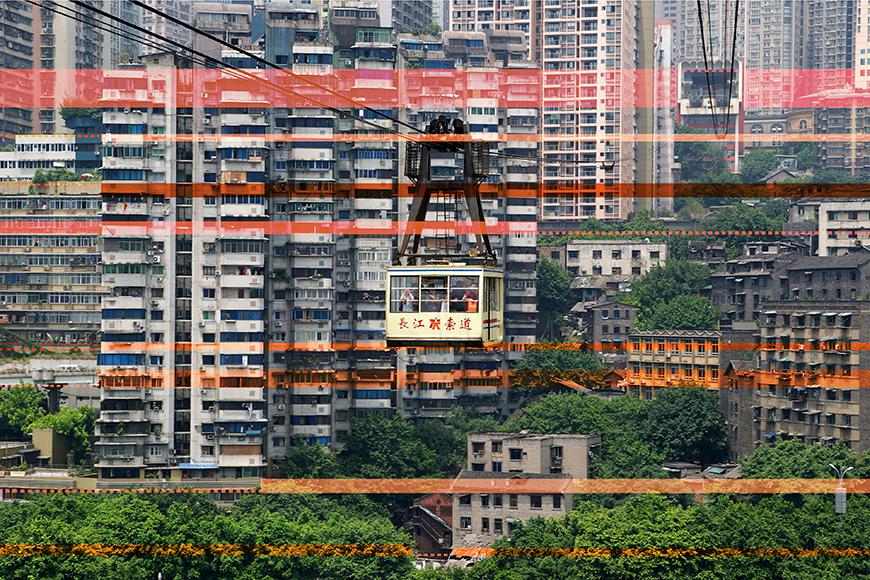Spatial Tensions: Mapping Global Spatio-politics Through China (ARCH 6408/6509, ASIAN 6630, COML 6308, SHUM 6308, VISST 6308) Tuesdays, 2:30–4:25 p.m.
Course Instructors: Andrea Bachner (comparative literature) and Leslie Lok (architecture)
China has become the exemplar of contemporary changes in how we imagine, manipulate, and construct space: an uncontested center of global signature architecture as well as a challenge to population management and urban planning, a forerunner in massive infrastructure projects as well as a battlefield against environmental problems on a planetary scale. Contemporary space is becoming increasingly subject to control — thanks to precise mapping, planning, and simulation technologies — even as it is traversed by forces that are increasingly difficult to control, such as massive migratory flows and environmental disasters. This class thinks through the spatial tensions inherent in contemporary Chinese cities through interdisciplinary lenses to study how urbanization transforms spatial and social structures in a context of globalization. It views space as an interface in which the lines between spatial imaginaries and ideologies on the one hand and the concrete policing, shaping, and construction of space on the other have become blurred.
As such, to reflect on the question of how to think spatio-politcally and how we can put concrete on-site insights and conceptual frameworks into critical and productive dialogue, we will move between different scales of analysis: between the material and the conceptual, between the global and the locally specific. Chongqing — the site of the week-long field trip that is part of the seminar — will serve as a case study. Built on mountains and situated at the confluence of two rivers, the Yangtze and the Jialing, Chongqing is a geographically compelling as well as an urbanistically complex city. One of the largest cities in the world with 30 million residents, Chongqing's central core is a multiground city stratified into vertical urban layers while its metropolitan area is surrounded with a mostly rural landscape. The region experienced massive spatial and demographic transformations shaped by large-scale infrastructural projects such as the Three Gorge Dam. Our exploration of the spatial tensions within the unique geographic, urban, infrastructural, and cultural context of Chongqing, in comparison with other Chinese (and global) cities, will be framed by critically working through the poles of spatial tensions at play, such as urban/rural, surface/depth, water/land, virtual/material, infrastructure/fabric, global/local, construction/destruction, excess/precarity.
The class will travel to Chongqing, China, through a funded, week-long field trip from September 15–23, during which students will experience some of the spatial tensions under investigation and meet with local scholars and cultural producers in related fields. In addition to participating in weekly discussions of a wide range of texts and media, students will develop a final project that brings the seminar's theoretical and analytical tools into dialogue with concrete material in a combination of research and in situ observation.
This is an innovative traveling seminar for graduate students in the humanities and design disciplines and includes a funded, week-long travel program to Chongqing. Due to the interdisciplinary nature of the Expanded Practice Seminar, a wide range of skills and backgrounds are welcome. Advanced undergraduate students may apply, but preference will be given to students in their first three years of graduate study.
